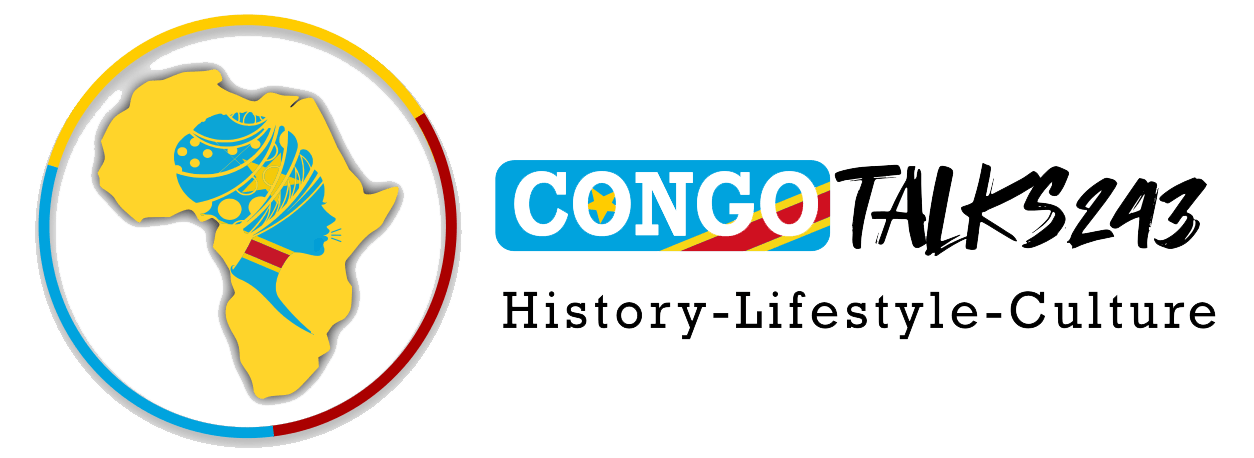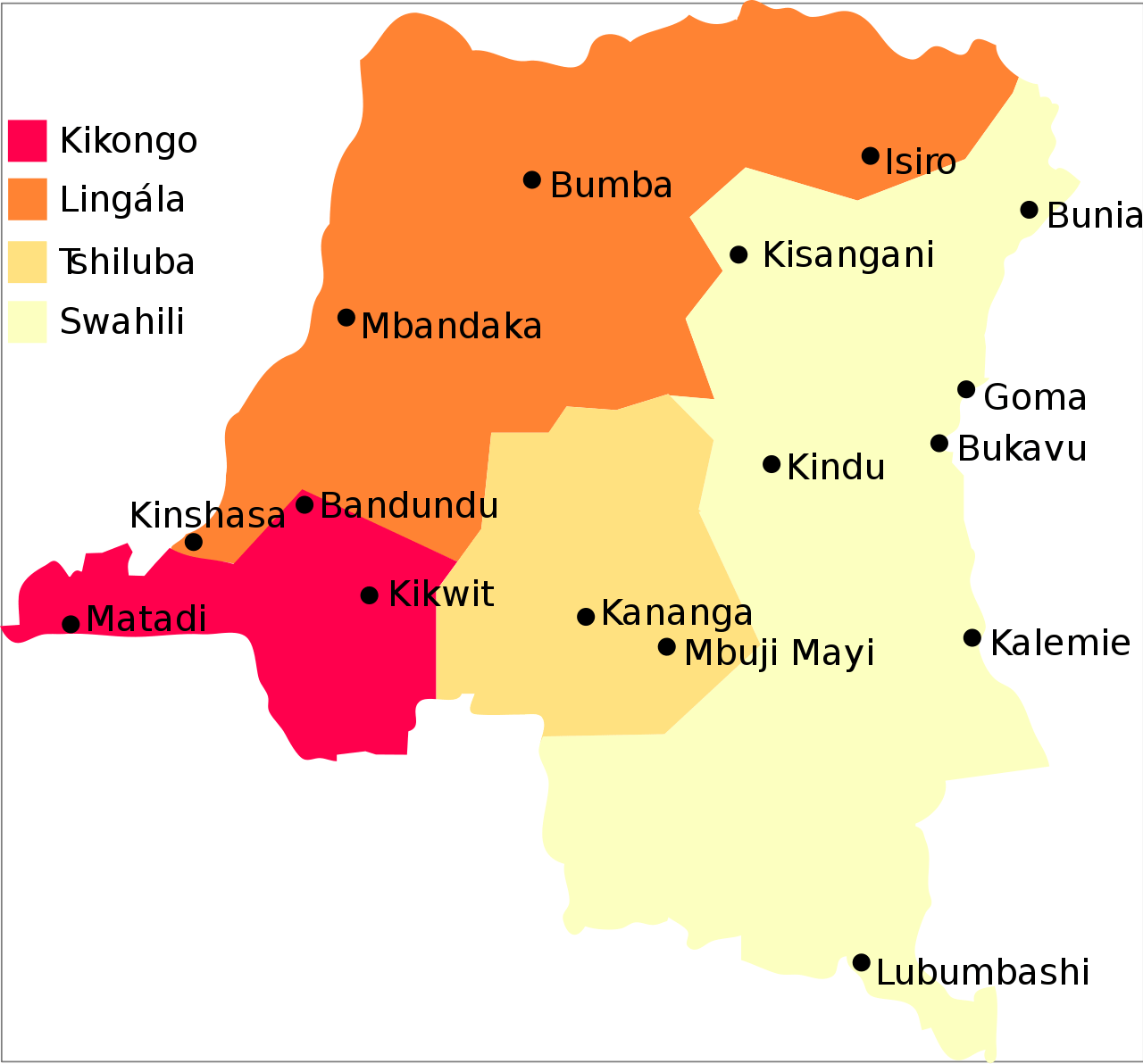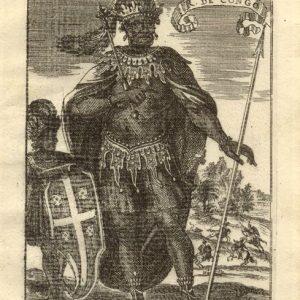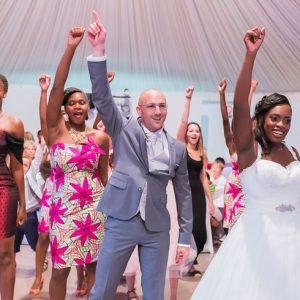As with travelling to any country in the world, it is important to know one of the national or local languages of the destination country. The DRC is a vast country with more than 80,000,000 inhabitants, and about 250 ethnic groups, divided into several groups of which the Bantu represent 80% with the Luba, Mongo, Kongo, Tshokwe, Tetela, etc., and more than 400 local languages including 4 national languages. Don’t worry, you won’t have to learn all of them :). In this article, we will help you discover which Congolese language you should learn before visiting the DRC.
The Truth About Traveling to the DRC
To travel to the DRC is a bit like for other countries, you need to go through a process to obtain a visa, a process that can take a long time generally, depending on the quality of the service of the embassy from which you apply for a visa. The DRC is a warm country, which will surely welcome you very happily for a tourist visit or a long-term stay.
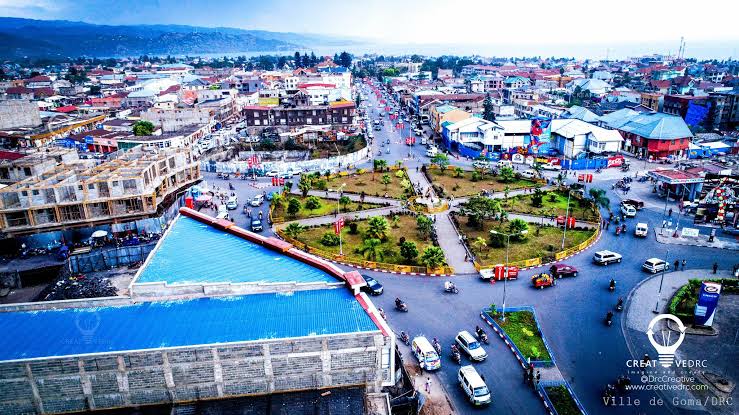
The truth is that you should have certain prerequisites that will allow you to better understand its culture and have a certain ease in communicating with others. You may simply have basic knowledge of one of the languages of the DRC or you may have someone you already know who has been living in the DRC for a long time – read our article to understand the visa process of travelling to the DRC. The following section explains the most spoken languages in the DRC and therefore the national languages.
The national languages of the DRC
SWAHILI
Swahili, as shown on the above map (light yellow shade) is geographically the most spoken language in the DRC as there is a bigger portion of the country that speaks it than other national languages.
LINGALA
Geographically Lingala (dark orange on the map) comes second, preceded just by Swahili.
KIKONGO
Kikongo (in red shade) comes third and it is mostly spoken in the lower western DRC.
TSHILUBA
The Tshiluba or Kiluba of Kasai (dark yellow shade) is a Bantu language and is spoken in the central part of the DRC. It is the least spoken national language but is, however, just as beautiful as the others listed above.
So which Congolese language to learn before going to the DRC?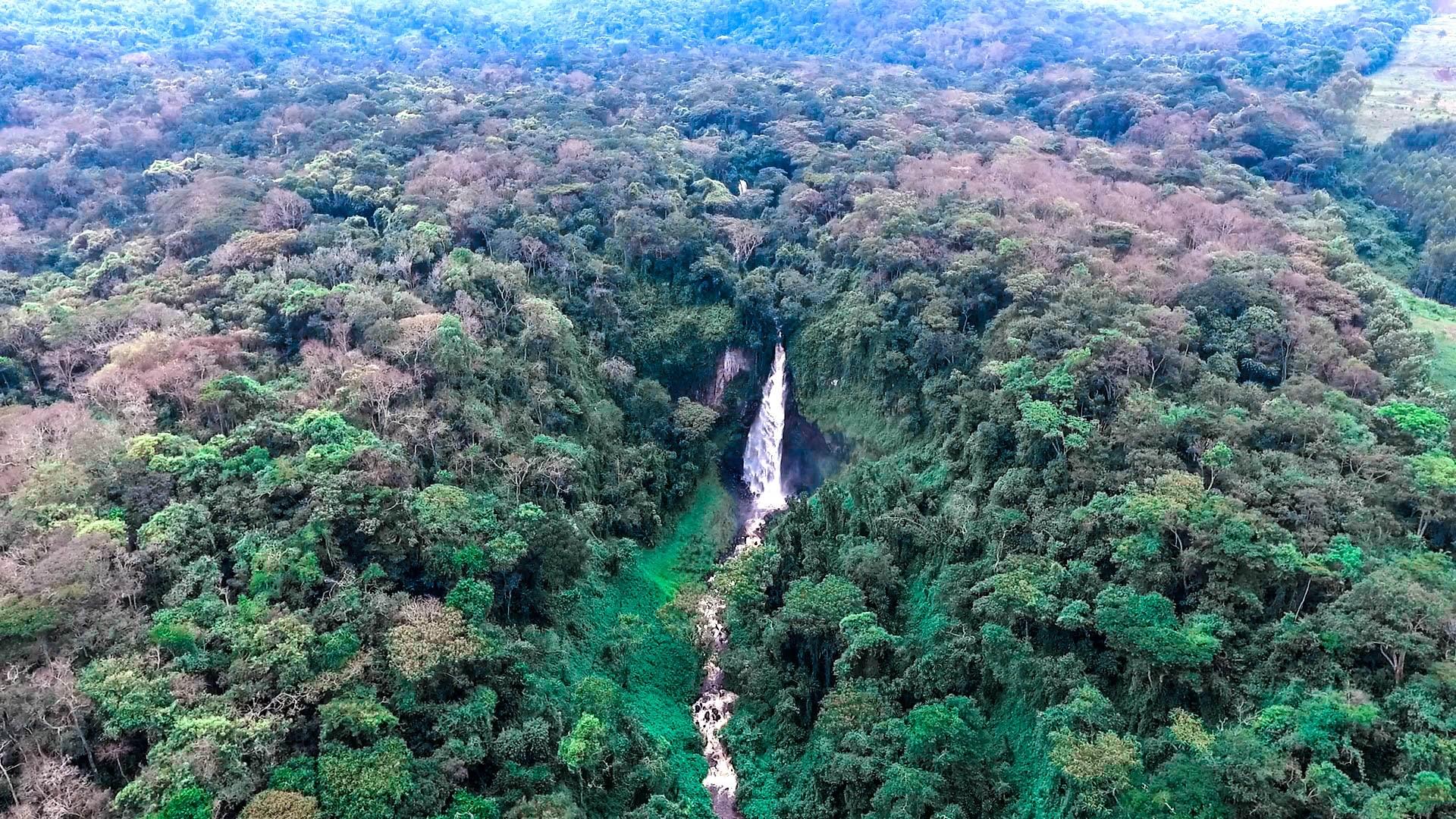
With more than 400 languages, we think it is quite impossible to learn them all. If you decide one day to go to the DRC to eat its delicious dishes and discover the splendour of its biodiversity, you should choose one language that will allow you to communicate easily, especially with a large number of people in the DRC. The language you choose to learn depends mainly on the precise place you intend to stay in Congo. Whether in the East, the South, the West, the centre or in the North of the country, you can choose which language to learn according to that. See the map above (again).
Our Language suggestion
Learn Lingala! It will be difficult for you to learn every Congolese language of every province before going there, so we advise you to learn the most spoken Congolese language in the country. Although Lingala is not geographically the most spoken language in Congo, its omnipresence in all provinces of the DRC makes it the most spoken language. Due to it being spoken in the capital (Kinshasa) and in most Congolese arts, like music, Lingala is spoken as a second language in nearly all provinces across the country. Hence, to benefit from the advantages related to communication in Congo, Lingala is a good starting point.
Why not French?
It is true that the DRC is widely known as the most French-speaking country in the world because many people speak French there. However, French is much more spoken in formal settings and much more in writing. So if you want to connect and communicate easily with the people in the DRC please speak Lingala or another national language of your choice, based on where you want to spend most of your time. As for Lingala, our videos are here to teach you the basics of this beautiful language.
Last Thoughts
We have listed some of the most spoken national languages in the DRC, and we have chosen one of them that we think is the most suitable for a trip to the land of the Okapi. They are relatively easy to learn. Even if the documentation in learning it may be hard to find, it is still a relatively easy language to learn.
Want to know more about the DR Congo in general? We recommend you follow us on your favourite social media platforms: Instagram (@congotalks243 and @yafelie), Twitter (@congotalks243), TikTok (@yafelie and @congotalks243), Facebook (@CongoTalks243) and LinkedIn (@CongoTalks243), and subscribe to our YouTube channel.
✅ How to support our works: PAYPAL: https://paypal.me/CongoTalks243
For business inquiries related to CongoTalks243, you can reach out at info@congotalks243.com.
